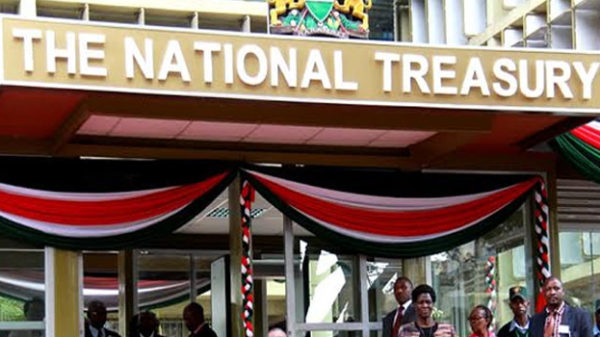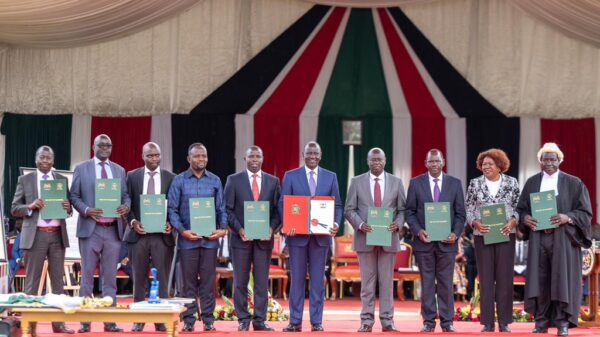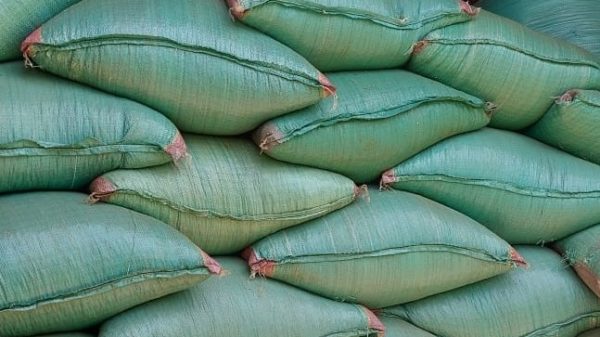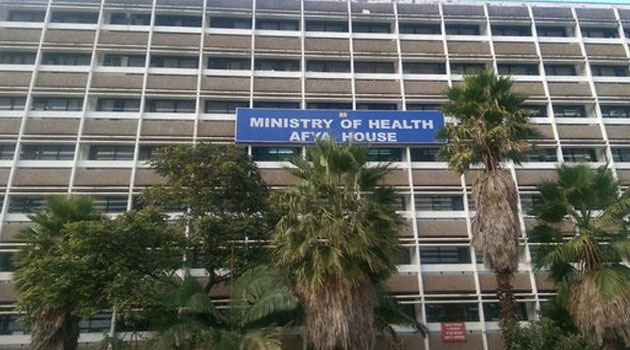
News of Urjit Patel’s resignation as head of the Reserve Bank of India has sent shockwaves through the country’s markets © AFP/File / INDRANIL MUKHERJEE
Mumbai, India, Dec 11 – India’s rupee plunged along with equities on Tuesday after the country’s central bank chief quit following a dispute with the government that has raised fears about its independence.
Urjit Patel stood down as governor of the Reserve Bank of India (RBI) on Monday evening following months of tensions with Prime Minister Narendra Modi’s government over interference in policy.
Patel cited “personal reasons” for his decision but experts and analysts have said he was annoyed by repeated efforts by New Delhi to impose its influence.
The rupee sank more than one percent to 72.19 per dollar, with speculation swirling that an RBI intervention kept it from falling further, while the benchmark Sensex in Mumbai slid 1.47 percent shortly after the opening bell.
The shock resignation comes after Patel’s deputy, Viral Acharya, warned the government in a strongly worded speech in October that undermining the bank’s independence could be “potentially catastrophic”.
Indian business dailies reported in October and November that the government had invoked never-before-used powers to send at least three letters to Patel seeking to direct policy.
Newspapers suggested Patel was close to quitting over the issue at the time, but the tensions were believed to have been diffused following clear-the-air talks three weeks ago.
The government is believed to be unhappy with the RBI over a number of issues including interest rates, how to deploy reserves and how to respond to India’s sliding rupee.
The rupee has been one of Asia’s worst performing currencies this year, although it has bounced back in the past fortnight, while economic growth slowed to under eight percent in the July-September quarter.
It is understood the government is pressuring the bank to enact policies to help spur growth ahead of next year’s elections, when Modi will run for a second term.
The government would like the RBI to lower interest rates and free up more of its cash reserves to invest in Asia’s third-largest economy, analysts say.



































